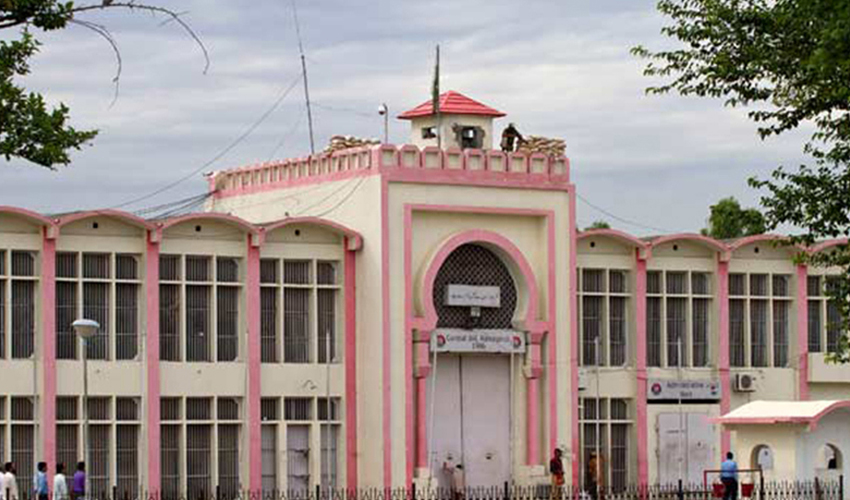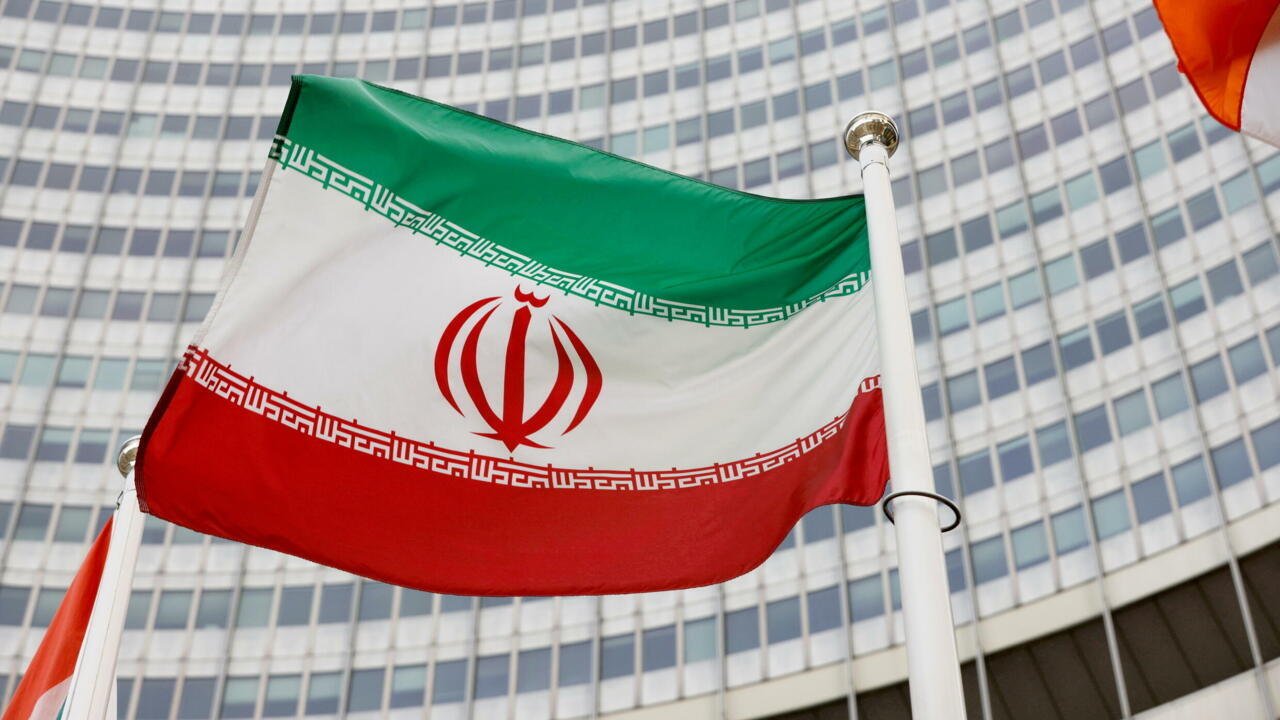Naveed Hussain
Federalism, as a system of governance, plays a pivotal role in defining the power-sharing dynamics between the central government and federating units. In Pakistan, federalism is enshrined in the Constitution, but its effective implementation faces significant challenges. This article explores the three dimensions of federalism—legislative, fiscal, and administrative—and examines their status in Pakistan. While legislative and fiscal federalism have seen some progress, administrative federalism remains largely unimplemented, leading to concerns about Pakistan’s drift toward a unitary state. This article argues that reconciling administrative federalism with constitutional provisions is essential for Pakistan to function as a true federation.
Federalism, characterized by the division of powers between a central authority and subnational entities, is a cornerstone of democratic governance. In Pakistan, federalism has been a constitutional feature since independence, but its practical implementation has been uneven. This article critically analyzes the state of federalism in Pakistan, focusing on legislative, fiscal, and administrative aspects. It also highlights the need for reforms to strengthen administrative federalism and ensure a functional federation.
Legislative federalism refers to the distribution of lawmaking powers between the central and provincial legislatures. In Pakistan, the Constitution delineates these powers through three legislative lists: the Federal Legislative List, the Concurrent Legislative List (abolished after the 18th Amendment), and the Provincial Legislative List. While the 18th Amendment devolved significant legislative authority to the provinces, challenges persist in harmonizing laws across federating units.
Fiscal federalism pertains to revenue-sharing mechanisms and financial autonomy. Pakistan’s fiscal federalism relies on the National Finance Commission (NFC) Award, which allocates resources between the federal and provincial governments. However, disputes over resource distribution persist, and provinces often feel shortchanged. Strengthening fiscal federalism requires transparent revenue-sharing formulas and equitable resource allocation.
Administrative federalism involves the organization and functioning of government institutions. Unfortunately, administrative federalism remains underdeveloped in Pakistan. The central government dominates administrative structures, limiting provincial autonomy. The absence of an effective administrative framework undermines the spirit of federalism. To address this, Pakistan must implement constitutional provisions that separate the executive from the judiciary and ensure provincial control over administrative posts.
Article 240(b) of the Constitution mandates that provincial posts be regulated by provincial acts. However, the federal government often appoints officials to purely provincial positions, violating the principles of administrative federalism. To rectify this, strict adherence to constitutional provisions is necessary.
Schedule 4 of the Constitution lists subjects within provincial legislative, executive, and fiscal authority. Aligning administrative posts, cadres, and subjects with Schedule 4 will enhance provincial autonomy. A comprehensive review is essential to ensure consistency and prevent encroachment on provincial domains.
Independent oversight bodies should monitor administrative appointments and ensure compliance with federalism principles. These bodies can safeguard against political interference and promote merit-based appointments.
Administrative federalism, a crucial component of a well-functioning federation, ensures that each tier of government has its own civil service, accountable to its respective cabinet. However, the practical implementation of administrative federalism in Pakistan diverges significantly from its constitutional intent. This article examines the existing administrative structure, highlighting the dominance of federal civil servants in provincial bureaucracy and the implications for provincial autonomy. It also underscores the need for reforms to align administrative practices with constitutional provisions.
The 1973 Constitution of Pakistan envisioned a federal administration where each level of government—federal and provincial—would have its distinct civil service. Article 240 explicitly states that “posts in connection with the affairs of a province” should be held by individuals whose “appointment and terms of service” are determined by provincial legislation. Conversely, “posts in connection with the affairs of the federation” should be regulated by acts of the parliament. Additionally, Article 242 mandates separate public service commissions for each tier of government.
Let me explain the importance of administrative federalism with the help of a constitutional administrative breach. Why does the federal government appoint the chief secretary and inspector general of police to provincial posts? Suppose the provincial assembly elects the political chief executive. In that case, the bureaucratic executive head chief secretary or IG must be derived from the provincial assembly, as an executive is always derived from the same legislature in parliamentary governance. Therefore, it is the denial of administrative federalism in Pakistan, and that is making Pakistan a dysfunctional federation.
Despite constitutional provisions, the ground reality paints a different picture:
- Federal Dominance: At the apex of provincial bureaucracy in all four provinces, federal civil servants consistently occupy key positions. The chief secretary, the highest-ranking administrative officer, is invariably a federal appointee. Even the appointment letter for the chief secretary comes directly from the federal government, akin to a viceroy being deputed to the province.
- Provincial Cabinet Constraints: Even if an entire provincial cabinet disagrees with a chief secretary’s performance, they lack the authority to replace or remove him. Their recourse is limited to writing lengthy letters to the federal Establishment Division, hoping for a resolution.
- Provincial Secretaries: The tier below chief secretaries—comprising provincial secretaries—are also predominantly staffed by federal civil servants. Then, even the deputy commissioners, assistant commissioners, and other appointments are filled by federal civil servants without lawful authority.
The situation extends to local government institutions:
- Federal PAS Officers: Against legal and constitutional norms, federal Pakistan Administrative Service (PAS) officers often head local government bodies. This practice undermines the spirit of administrative federalism and erodes provincial autonomy.
To restore the essence of federalism, Pakistan must take the following steps:
- Provincial Autonomy: Allow provinces to appoint their own civil servants as chief secretaries, ensuring alignment with constitutional provisions.
- Transparent Appointments: Implement merit-based appointments, free from political interference.
- Review of Administrative Posts: Revisit the distribution of administrative posts, cadres, and subjects in line with constitutional mandates.
- Strengthen Oversight: Independent oversight mechanisms should monitor appointments and prevent violations of federalism principles.
Concludingly, administrative federalism remains an unmet challenge in Pakistan. Reforms are essential to uphold provincial rights, enhance efficiency, and create a truly functional federation.
A functional federation requires robust legislative, fiscal, and administrative federalism. Pakistan must prioritize administrative reforms, empower provincial governments, and uphold the spirit of federalism. By doing so, Pakistan can realize its potential as a truly federal parliamentary democracy, ensuring justice, stability, and prosperity for its citizens.
Please, subscribe to the YouTube channel of republicpolicy.com
















